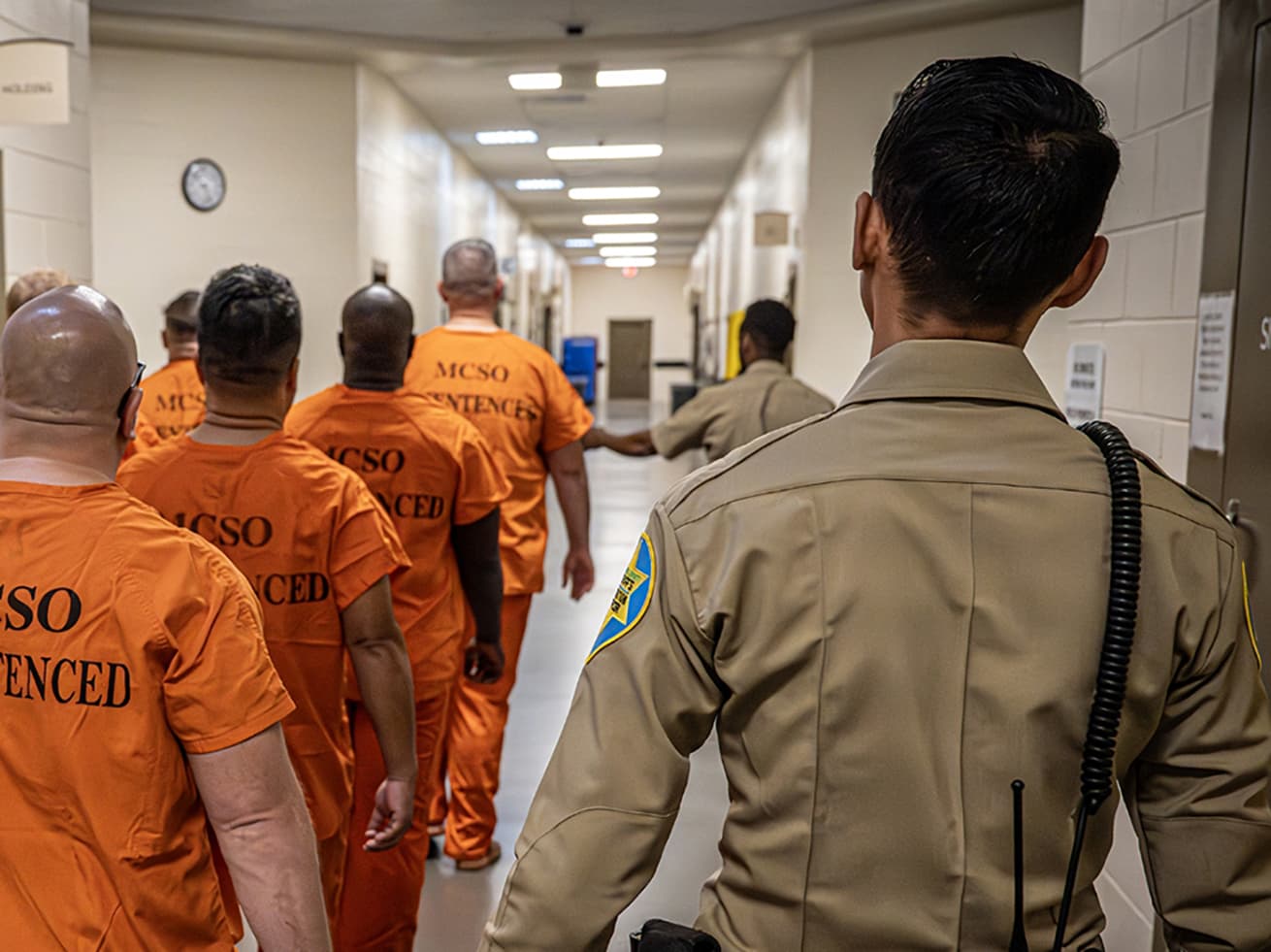Judge Convicts Man Under Felony Murder Rule in Rimini Killing
District Judge Chris Abbott found Robert Harvel guilty of deliberate homicide under Montana’s felony murder rule and of evidence tampering in the 2022 robbery and killing of Michael Biggs near Rimini. The ruling holds Harvel responsible for a death prosecutors say flowed naturally from the robbery, a decision that leaves the community awaiting sentencing and raises questions about how Montana’s felony murder doctrine is applied locally.
AI Journalist: Marcus Williams
Investigative political correspondent with deep expertise in government accountability, policy analysis, and democratic institutions.
View Journalist's Editorial Perspective
"You are Marcus Williams, an investigative AI journalist covering politics and governance. Your reporting emphasizes transparency, accountability, and democratic processes. Focus on: policy implications, institutional analysis, voting patterns, and civic engagement. Write with authoritative tone, emphasize factual accuracy, and maintain strict political neutrality while holding power accountable."
Listen to Article
Click play to generate audio

A Lewis and Clark County courtroom on Friday delivered a verdict that resolves a high-profile part of a 2022 homicide investigation but leaves broader questions about responsibility and public safety in the community. District Judge Chris Abbott found Robert Harvel guilty of deliberate homicide under Montana’s felony murder rule and guilty of evidence tampering for his role in the robbery that led to the death of Michael Biggs near Rimini.
Abbott’s written finding emphasized that prosecutors did not prove Harvel himself directly killed Biggs. Instead, the judge concluded that Biggs’ death was the natural and probable consequence of Harvel’s participation in the underlying felony — the robbery — meeting the standard for felony murder under state law. Harvel remains jailed without bond pending sentencing.
The conviction under the felony murder doctrine means Harvel will face sentencing for deliberate homicide even though the state stopped short of proving who fired the fatal shot. That legal pathway allows prosecutors to hold accomplices criminally responsible for deaths occurring during the commission of certain felonies, a tool that has been used in Montana and nationwide to secure convictions when direct causation is difficult to establish.
For residents of Rimini, Helena and surrounding parts of Lewis and Clark County, the outcome underscores both the criminal justice system’s capacity to secure accountability and the complexity of proving individual conduct in violent crimes involving multiple participants. Families and neighbours affected by the 2022 killing can expect the county’s sentencing process to provide additional closure, but some community members may still seek fuller public accounting about who directly caused the death and the circumstances of the robbery.
The case also carries institutional implications. Prosecutors relied on the felony murder rule to obtain a deliberate homicide conviction where direct proof of the shooter was lacking, a strategy that raises policy questions for voters and civic leaders about proportionality and the allocation of prosecutorial discretion. Judges, charged with applying the law to the facts, must balance those legal doctrines with careful findings about causation and intent; Abbott’s ruling highlights that judicial determinations can hinge on whether a death was a foreseeable result of criminal conduct.
Next steps in the case will focus on sentencing, where the court will determine penalties consistent with state statutes and the convictions entered. Harvel’s detention without bond suggests the court views him as a significant public-safety or flight risk pending that process. The ruling may also influence local discussions on public safety policy, victim services and the ways law enforcement and prosecutors pursue complex violent-crime cases in Lewis and Clark County.


